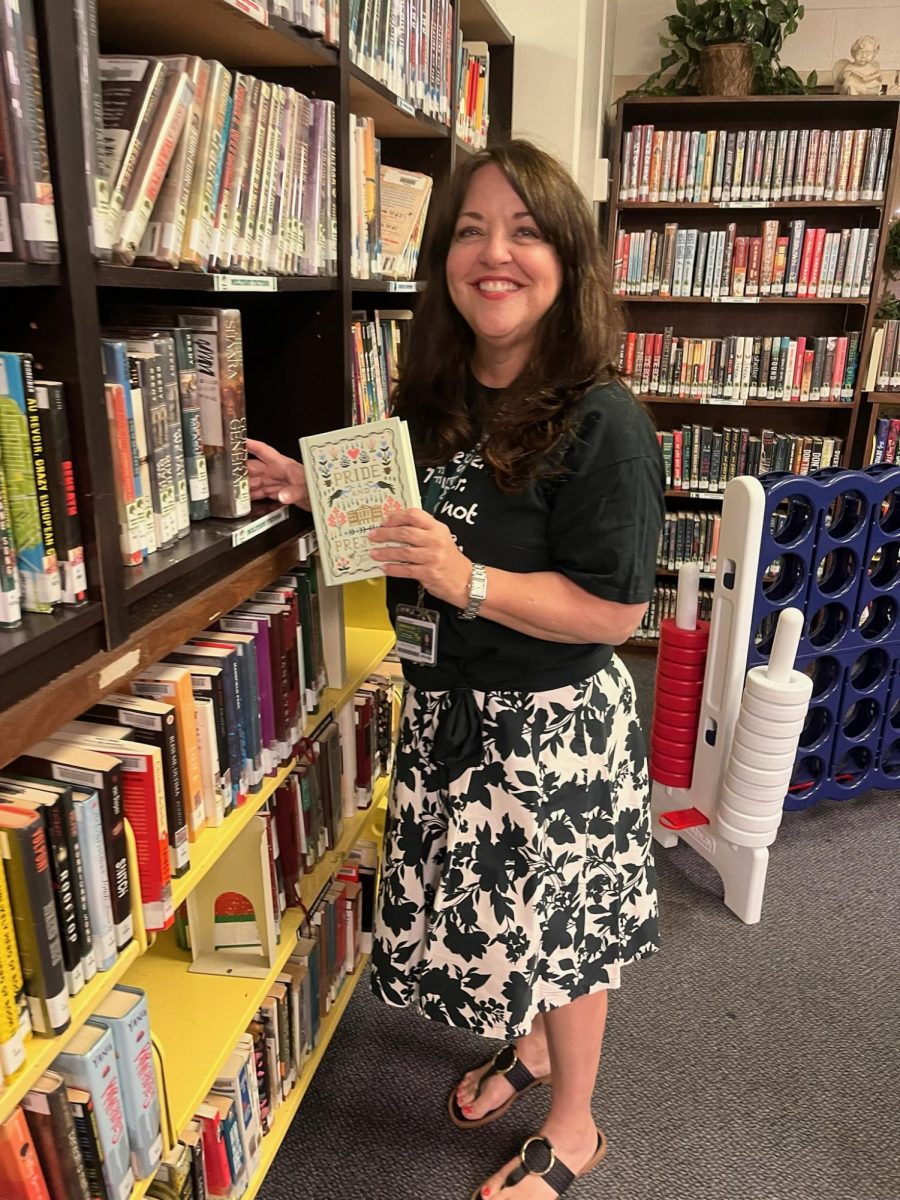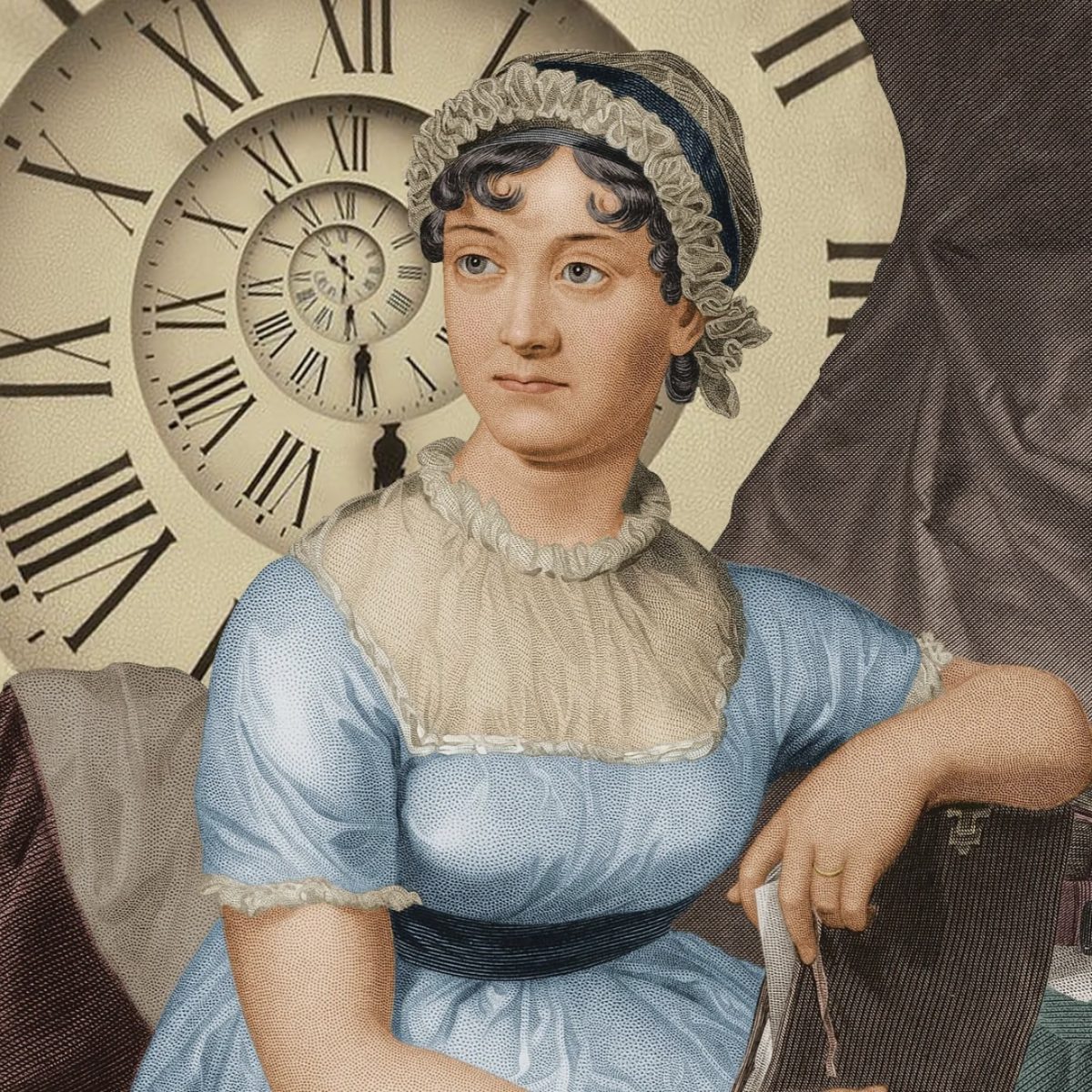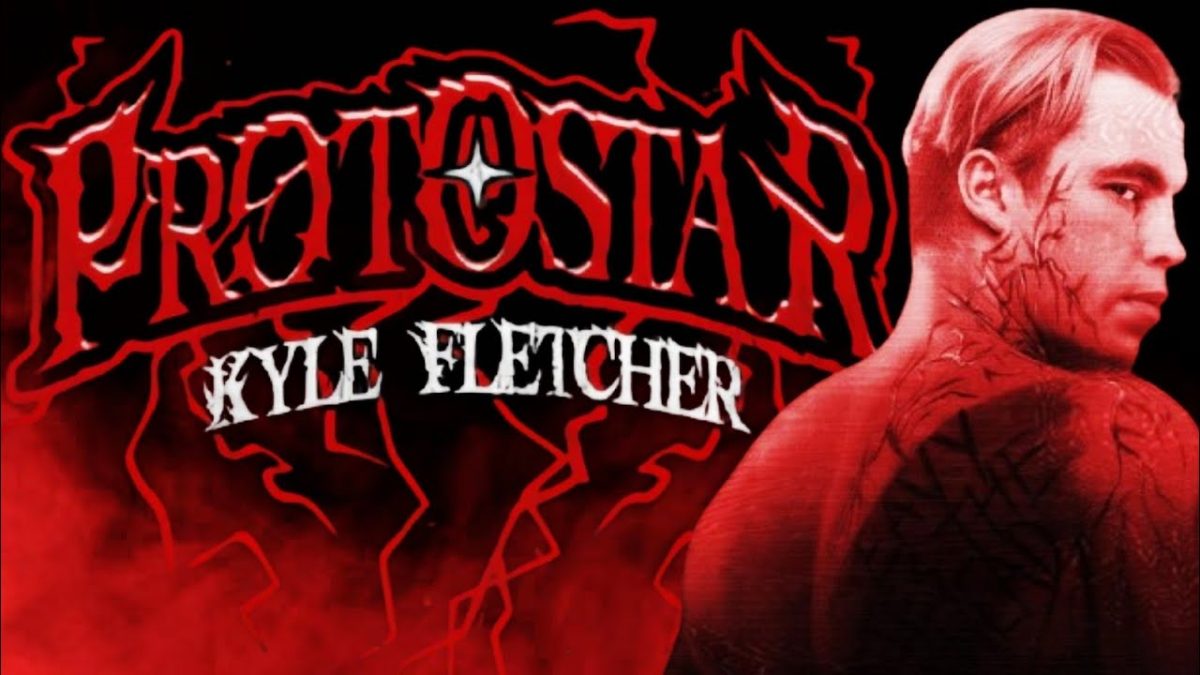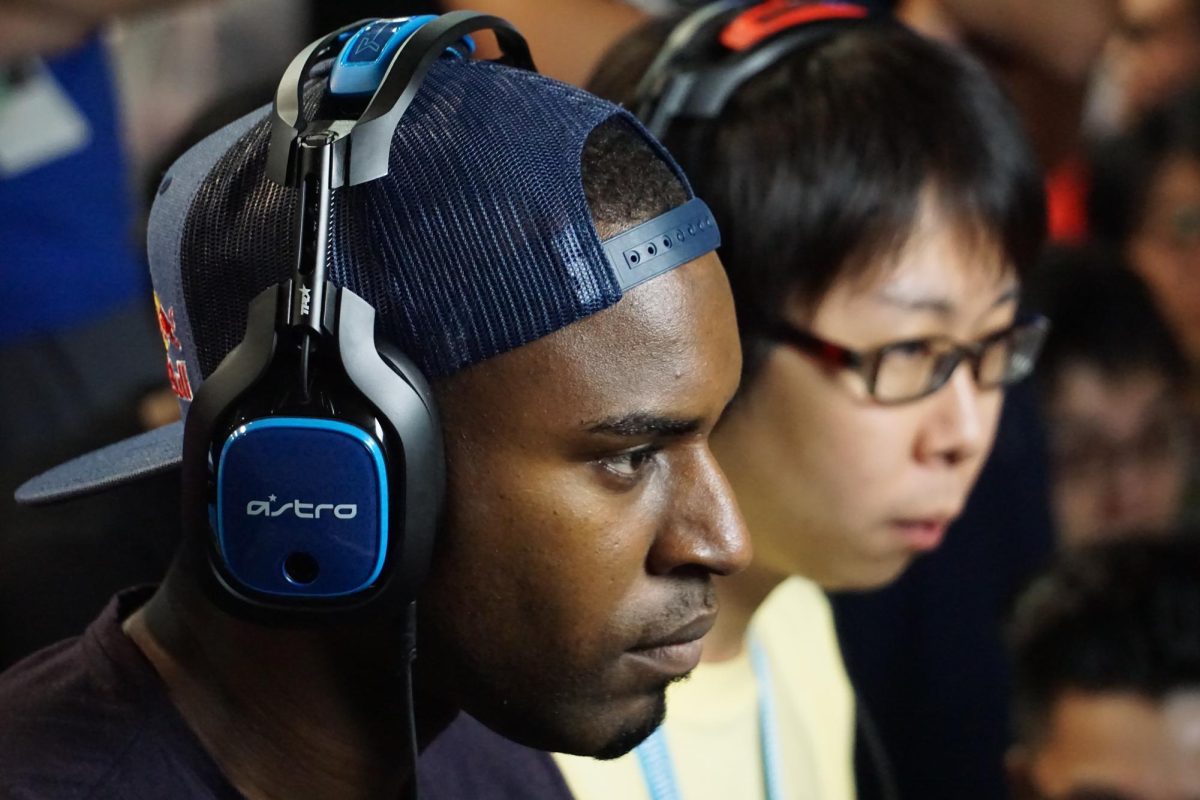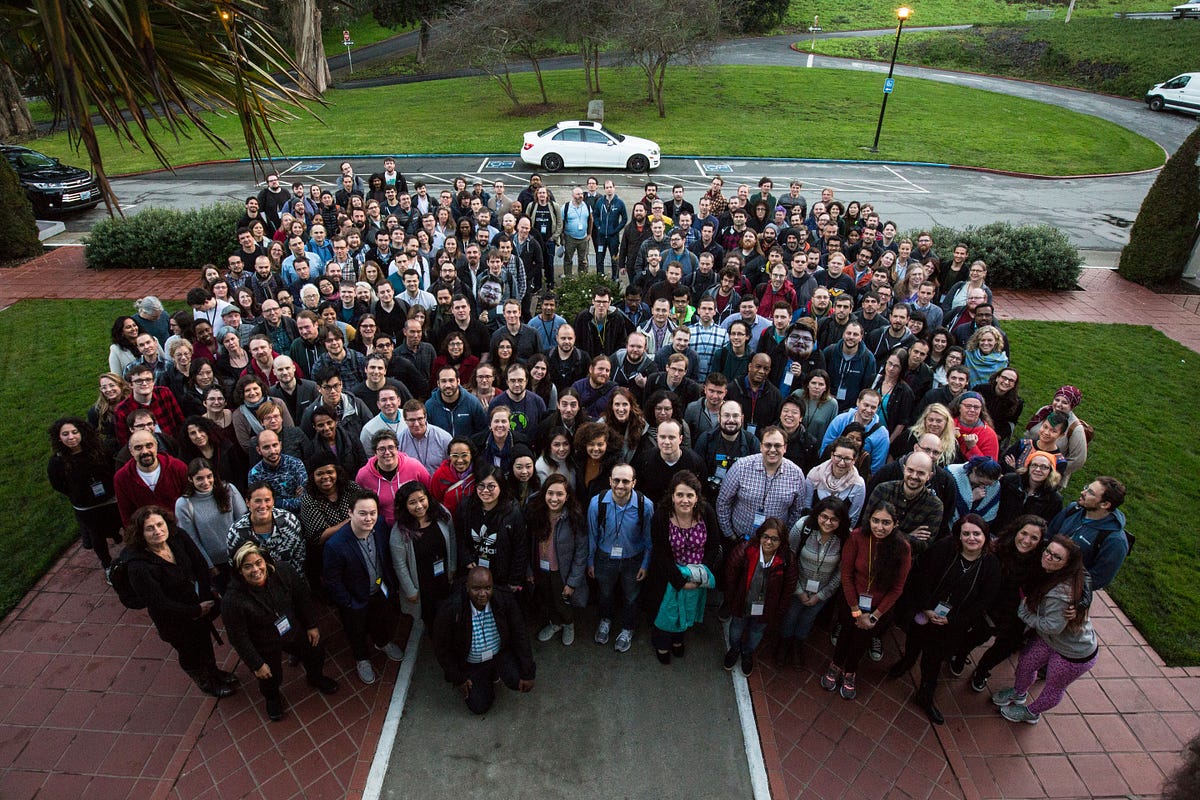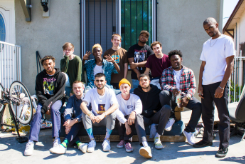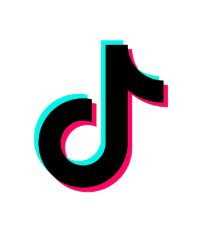
With nearly 5 billion downloads since its launch in 2018, TikTok is arguably the most popular app in the world. 64% of Gen Z uses the app, with 25% of users being under the age of 18. So, user safety has been a key concern with the platform. As the ban on TikTok in the United States has become a hot topic in the past few months, debates over privacy and security have been intensifying. The U.S. government grapples with concerns that the app, which is owned by a Chinese company called ByteDance, could pose a potential threat to national security by stealing user data and enabling foreign propaganda. However, app users argue that the ban would violate free speech and disrupt a social media platform that has become an eminent space for creative expression and social connection. On Jan. 18 at 10:30 PM, users got a notification that TikTok temporarily suspended its services. While the ban on the app was lifted within a few hours, it is still unavailable to re-download on the app store, leaving implications for a possible re-banning that would affect millions of users and tech companies worldwide.
When the Supreme Court unanimously passed a law that would lead a ban on TikTok on Dec. 6, 2024, many users didn’t believe that they would actually go through with it. Sophomore Mia Dove said that, since it was “the second time they threatened to ban it,” she didn’t think that they were serious this time. Likewise, senior Ally Ossipo said that she also didn’t believe they would actually go through with the ban, and she “didn’t process it until it actually happened.” Some users, like Dove, thought the ban could have positive effects since the platform was often used as a space for cyberbullying and negativity. Ossipo, on the other hand, disagreed, saying that there are other things to worry about before banning TikTok. “It’s educational,” Ossipo said, “and people can connect over it. We should look at other issues first before we look at TikTok.”
In the few hours that the app was banned many users, like Ossipo and Dove, switched over to Instagram Reels or YouTube shorts, other short-form content apps similar to TikTok. However, most users got bored of them fairly quickly because of its less personalized “For You” page. The problem is that TikTok is still unavailable in the app store, so if a user deleted it during the ban to switch to another app they are currently unable to re-download it. It remains illegal for U.S. companies, like app stores, to distribute or update TikTok while it is still owned by ByteDance. There are rumors of several Americans contending to buy the app, from Elon Musk to Mr. Beast, but none of these claims have been verified. Until then, the app will remain unavailable and unable to update.

